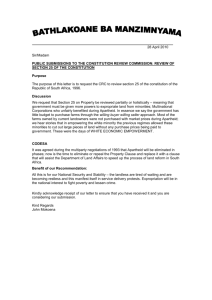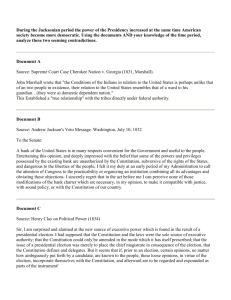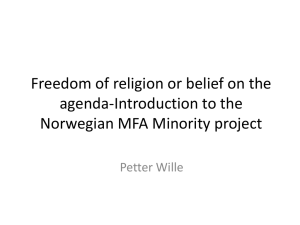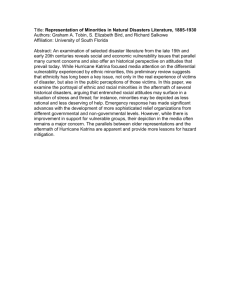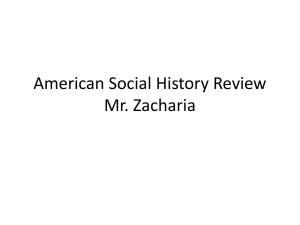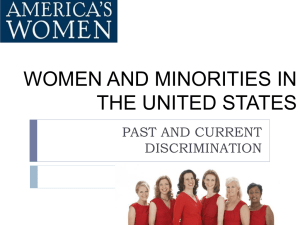To whom belonges the state
advertisement
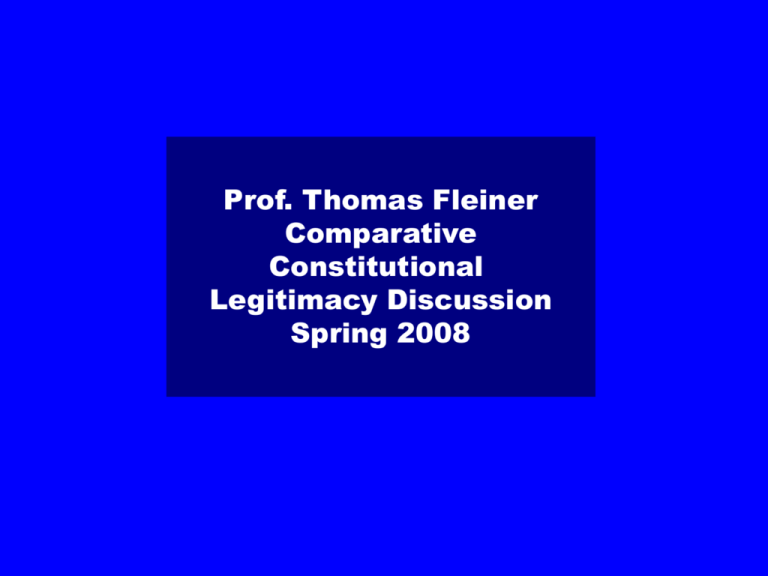
Prof. Thomas Fleiner Comparative Constitutional Legitimacy Discussion Spring 2008 Discussion 1st question: Who governs whom? Two questions to ask: Shared Rule Self Rule Shared Rule: Constitution making: Who has constitution making power? Law making: Parliament Federal Jurisdiction Executive power Executive Structure Election and Powers Election Judiciary Constitution Making General Revision of Constitution Special amendments power to initiate, power to adopt, power o ratify, power to interpret Parliament - one / two chambers election party System governmental system parliamentary discipline Powers of Law Maker -Law making - Law proposing (referendum) - power of the purse (budget) - spending power - control of the executive - election Executive - Governmental System -Composition - Election - Administration incl. Police - Power to control local Governments - Spending power Self- Rule Power of Central Government Power of Local Government 2nd question: To whom belongs the state? 1. Definition of Nation The Nation is a daily plebiscite In many countries and languages, the word “nation” is synonymous with “state” or the totality of a state’s citizens. The word “nationality” is used as a synonym of “citizenship of a state”. We the people (of USA) The French conception of nation is that of the “community of all citizens enjoying equal rights”, a community of individuals enjoying the same political rights, whatever their origins. the German concept of nation, that of Herder, a kind of patriotic German reaction to French domination. In this view, the nation was not a sum of individuals but a collective entity with a specific language and culture and specific historical traditions. Different Use of Nation Nation and People: In the sense of Civic Nation: France Turkey Poland, Belgium, Slovakia In the sense of ethnic nation: Croatia, Lithuania, Ireland, Albania, Ukraine, Bosnia Herzegovina Nation as Entity and people as sovereign entity: Spain, Italy, Hungary, Estonia, Slovenia, Greece No mention of nation but only people: Andorra, Czech Republic, Switzerland, Austria Nor nation nor people: Bosnia and Herzegovina, Macedonia, Netherlends, Norway Nation and Structure of State No direct link: Belgium, Switzerland, Germany But Bosnia (the only genuinly multiEthnic state), Cyprus Nation and National Minorities Recognition of Minorities: No recognition: Andorra, Iceland, LiechtenStein, Denmark, France, Spain, Ireland, Luxembourg and the Netherlands. Special case of Cyprus Explicit recognition of Minorities in ConstiTution: Albania, Austria, Estonia, Hungary, Italy, Lithuania, Poland, Romania, Macedonia Recognition of link with Kin-State: Romania, Poland National Minorities National Minorities: group of persons in a state who : a.reside on the territory of that state and are citizens thereof ; b. maintain longstanding, firm and lasting ties with that state ; c. display distinctive ethnic, cultural, religious or linguistic characteristics ; d. are sufficiently representative, although smaller in number than the rest of the population ofthat state or of a region of that state ; e. are motivated by a concern to preserve together that which constitutes their common identity, including their culture, their traditions, their religion or their language.” New Minorities Everyone has the right to freely express affiliation with his nation or national community, to foster and give expression to his culture and to use his language and script. “, Or: “Everyone has the right to use his language and script in a manner provided by law in the exercise of his rights and duties and in procedures before state and other bodies performing a public function.” Sweden Slovenia and Czech Republic
